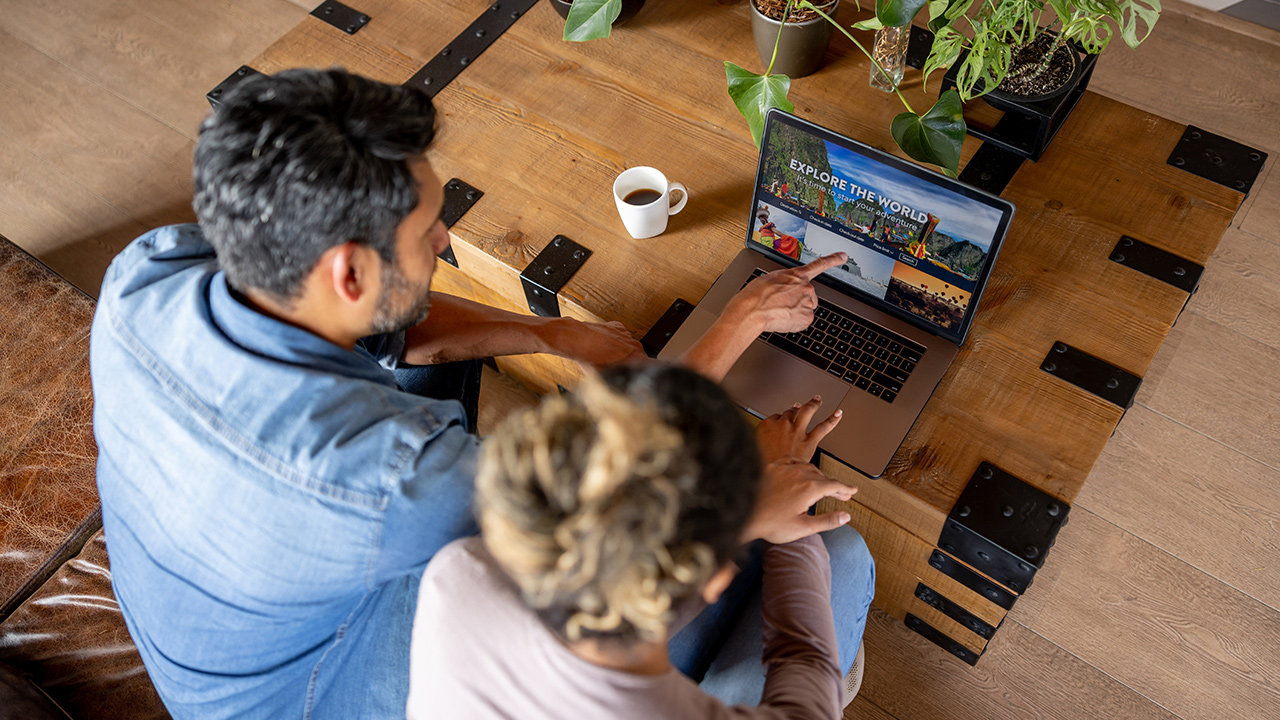
Unfortunately, there are many hotel, villa and flight scams that promise great holidays which aren’t real.
Either the holiday (or parts of it) doesn’t exist, or it does exist but a fraudster has sold it to you. You might not realise you’ve been scammed until the flight tickets don’t work. Or you might turn up at the resort, airport or cruise terminal, only to find you’ve lost your money.
As with many types of fraud, you should be suspicious of anything that looks too good to be true. Be wary of any holiday offers which are unusually cheap or ask for a high deposit.
Spend time researching holidays advertised privately to make sure they're not fake.
You can look for online reviews and recommendations to check the accommodation really exists.
There are ways you can safeguard your money. Try following these tips when booking your holiday: